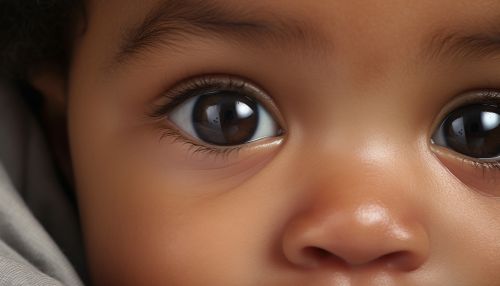Babies
Introduction
Babies, also known as infants, are the youngest members of the human species, typically considered to be those under the age of one year. They represent the earliest stage of human development, characterized by rapid physical growth, cognitive development, and emotional maturation. This period of life is critical for the establishment of a solid foundation for health, learning, and socio-emotional behavior.


Physical Development
Babies undergo rapid physical development in the first year of life. This development is characterized by a series of predictable, sequential patterns known as developmental milestones. These milestones include gross motor skills such as rolling over, sitting up, and walking, as well as fine motor skills such as grasping objects and using fingers to explore the environment.
Cognitive Development
Cognitive development in babies involves the development of mental processes used to gain knowledge, such as perception, memory, and problem-solving. This development is largely influenced by the baby's interaction with their environment. Key cognitive milestones in the first year of life include the development of object permanence, the understanding that objects continue to exist even when they cannot be seen, and the ability to imitate simple actions.
Emotional and Social Development
Emotional and social development in babies involves the development of emotions, social skills, and the formation of relationships with caregivers and others. This development is crucial for the baby's ability to interact with the world around them in a healthy and functional way. Key milestones in emotional and social development include the development of basic emotions, the ability to recognize familiar faces, and the development of attachment to caregivers.
Health and Nutrition
The health and nutrition of babies are critical aspects of their overall development. Proper nutrition is essential for physical growth, brain development, and the prevention of illness and disease. Breastfeeding is often recommended as the primary source of nutrition for babies, although formula feeding is also an option. Regular health check-ups are important to monitor the baby's growth and development and to vaccinate against common childhood diseases.
Sleep
Sleep is a vital part of a baby's development. Newborns typically sleep for about 16 to 17 hours a day, although this can vary. As they grow, the amount of sleep they need decreases. By the age of one, most babies sleep for about 14 hours a day. Sleep is important for a baby's growth, brain development, and overall health.
Communication
Babies begin to develop communication skills from the moment they are born. Initially, this communication takes the form of crying, cooing, and eye contact. As they grow, babies begin to use more complex forms of communication, such as babbling, gesturing, and eventually, speaking. The development of communication skills is crucial for a baby's social and emotional development, as well as their cognitive development.
Conclusion
The first year of a baby's life is a time of rapid and significant development. This development lays the foundation for future health, learning, and socio-emotional behavior. Understanding the stages of baby development can help caregivers provide the support and stimulation needed to promote healthy growth and development.
